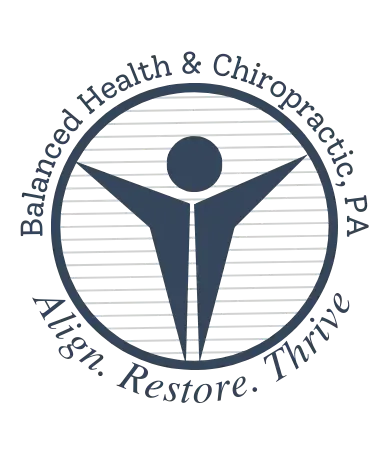Cancer Toxins to Avoid
Cancer Toxins to Avoid
When we think about cancer risks, genetics and lifestyle often come to mind. But what about hidden toxins in our daily lives? Many common substances in food and the environment have been linked to cancer, especially for women who are already at higher risk for breast and ovarian cancers. Here are three sneaky toxins to watch out for and practical ways to minimize your exposure.
1. Pesticides
Pesticides, including herbicides, insecticides, and fungicides, are some of the most common environmental toxins. They’re often found in produce and meat products, and while residue levels are usually small, they can still pose health risks over time, including cancer.
What to do:
Buy organic when possible, especially for produce on the Dirty Dozen list
Thoroughly rinse fruits and vegetables
Choose grass-fed and pasture-raised meats from trusted sources
2. Arsenic
Arsenic is a naturally occurring element that’s toxic in high amounts and has been linked to cancer. Surprisingly, trace amounts can be found in certain foods and drinks like rice, apple seeds, and even some red and white wines. The World Health Organization continues to study its long-term impact on health, especially from regular low-level exposure.
What to do:
Rinse rice thoroughly and cook it in extra water, then drain
Avoid eating apple seeds
Drink wine in moderation and diversify your beverage choices
3. Chloroform
While you may associate chloroform with old movies, it’s actually a chemical that can be present in your environment. It may show up in trace amounts in drinking water, processed foods, and even the air. Though less common, chloroform exposure is more of a concern in areas with poor water quality or high levels of pollution.
What to do:
Filter your drinking water with a high-quality filter
Avoid heavily processed foods
Stick to fresh, whole ingredients when cooking at home
Small Steps, Big Impact
Reducing cancer risk doesn’t mean living in fear. It means staying informed and making mindful choices. By focusing on clean, whole foods, rinsing produce, and minimizing processed products, you're already taking powerful steps to protect your health. If you're concerned about your individual risk, especially as a woman, talk to your doctor about personalized screenings and prevention strategies.
